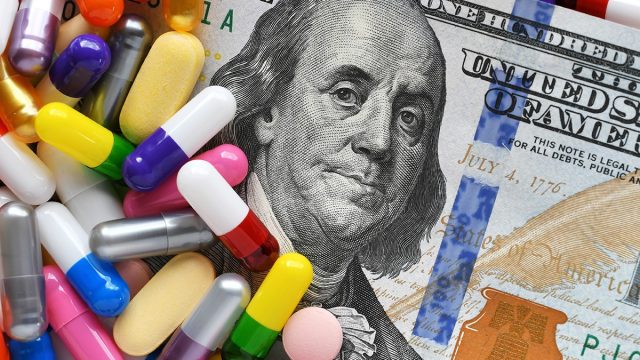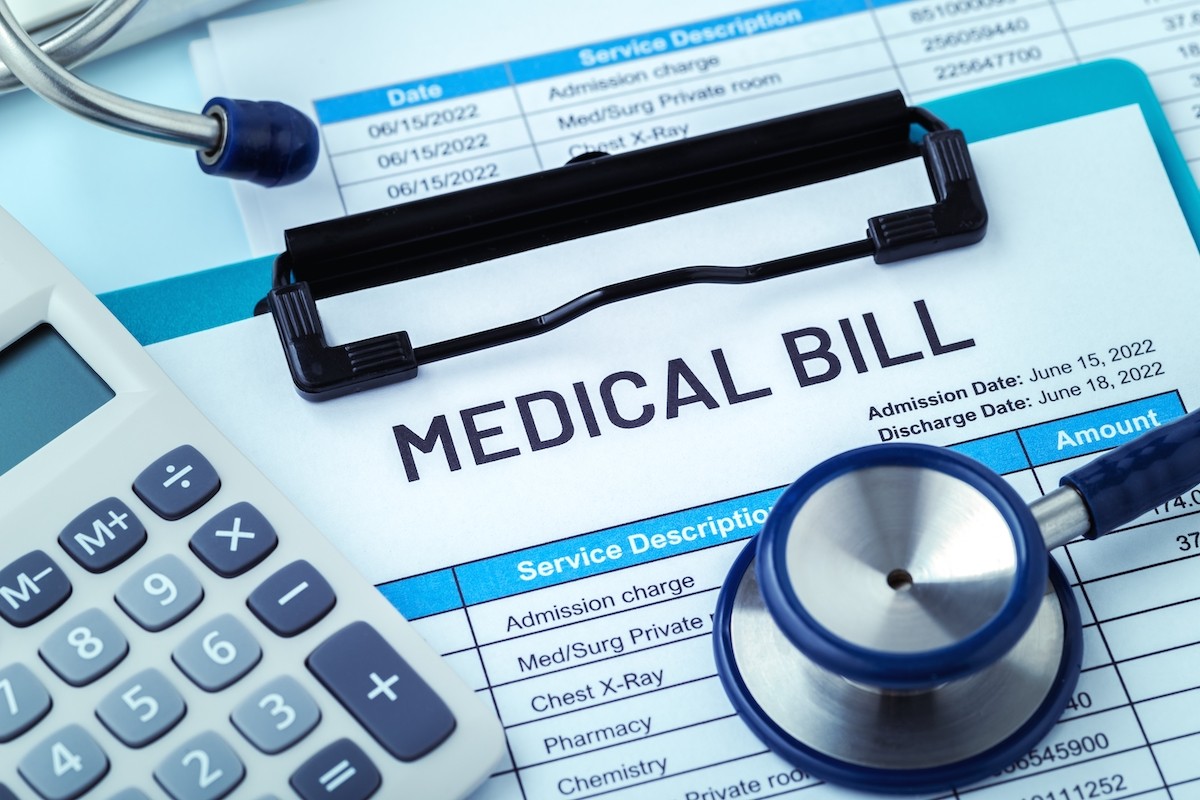This Simple Habit Could Save You Thousands on Healthcare Costs

Could how much you exercise save you money in healthcare costs and bills? Researchers from Baptist Health South Florida found that people who exercised for 30 minutes, 5 days a week, spent less on medical bills than those who didn’t. “We specifically wanted to inform the public the degree of impact [exercise] may have on reducing the financial risk from health care costs,” senior study author Khurram Nasir, director of the Center for Healthcare Advancement & Outcomes and the High Risk Cardiovascular Disease Clinic at Baptist Health South Florida, told CBS News. “This is an important issue in the current environment where a significant portion of rising health care costs is being shifted to individual consumers, contributing to heightened financial burden.” Here’s why exercise is key to spending less on medical bills.
RELATED: Major Medicare Advantage Changes Coming.
Thousands In Lowered Costs

The researchers looked at 26,000 people, some of whom had cardiovascular disease, and some who didn’t. While exercisers in both groups spent less on medical bills, those with cardiovascular disease saved $2,500 compared to $500 a year for those without. “Evidence for heart disease patients engaged in regular exercise is very compelling for reducing the risk of hospitalization, repeat heart attack, death and improvement in symptoms contributing to better quality of life,” Nasir says. “Based on this, even if 10 percent of these individuals – 1.2 million people – achieved this target and hypothetically lowered their costs by $2,500, we estimate it can potentially lower national costs by $3 billion.”
Exercise and Immune Health

Studies show exercise supports immune health, which is important for disease prevention. “Typically, there are small amounts of immune cells that circulate on a consistent basis throughout the body; by increasing the movement of blood and lymph (which contains white blood cells) through exercise, you are increasing the movement of more immune cells from lymph nodes and the spleen into the bloodstream,” says Laura Birkel, RD, CD, via Gundersen Health.
Exercise and Heart Disease

Heart disease is the leading cause of death in the United States, and exercise is key in helping to prevent it. “Worried about heart disease? Hoping to prevent high blood pressure? No matter what your current weight is, being active boosts high-density lipoprotein (HDL) cholesterol, the ‘good’ cholesterol, and it decreases unhealthy triglycerides,” says the Mayo Clinic. “This one-two punch keeps your blood flowing smoothly, which lowers your risk of heart and blood vessel, called cardiovascular, diseases.”
Movement Throughout the Day

It’s important to move throughout the day to protect your health. “Physical inactivity is one of the leading risk factors for noncommunicable diseases mortality,” says the World Health Organization (WHO). “People who are insufficiently active have a 20% to 30% increased risk of death compared to people who are sufficiently active.”
RELATED: Save Money on Healthcare Costs After 55.
Exercise and Overall Health

Along with a healthy diet, regular exercise impacts overall wellness and lifespan. “Regular exercise helps prevent or manage many health problems and concerns, including stroke, metabolic syndrome, high blood pressure, type 2 diabetes, depression, anxiety, cancer, arthritis, and falls,” says the Mayo Clinic.
More Exercise, Fewer Bills

No matter what your health status, exercise can make a significant difference. “There is no better pill than regular exercise if you want to age healthy, avoid severe chronic diseases and more importantly, to limit the financial [burden] of paying too much for your health care,” Nasir says.